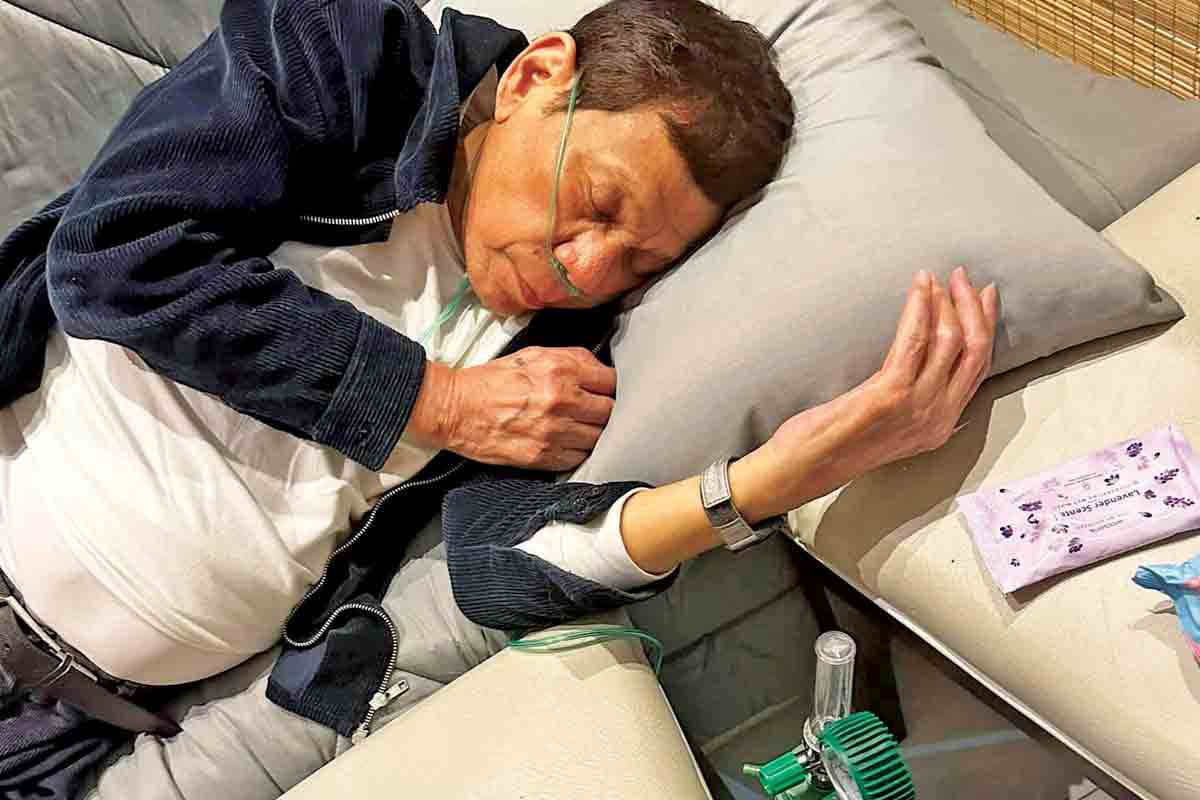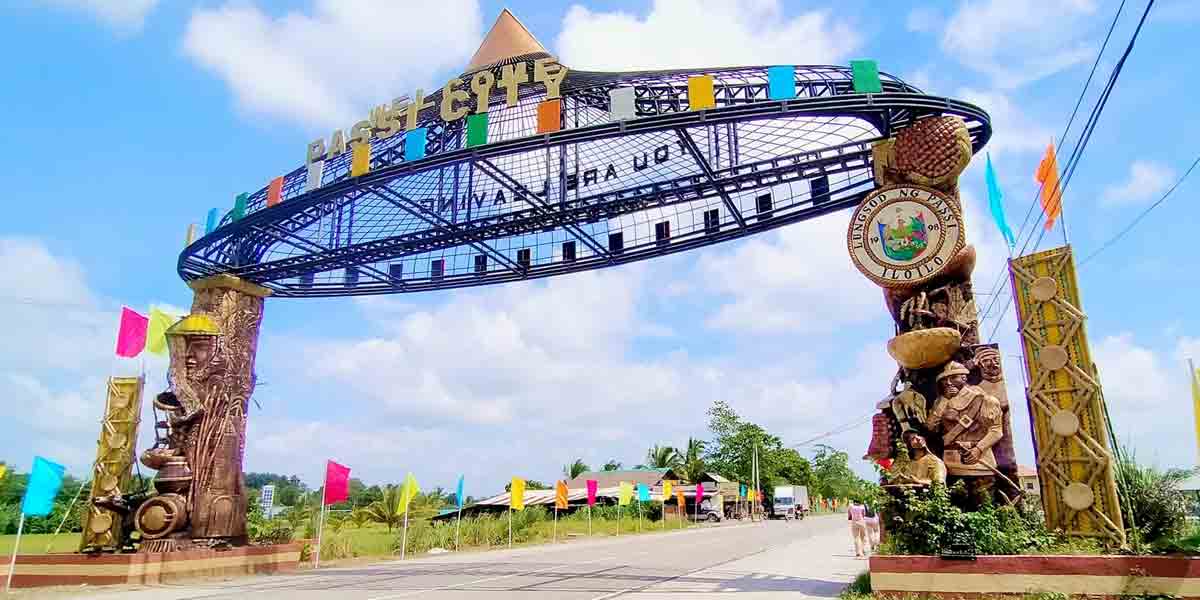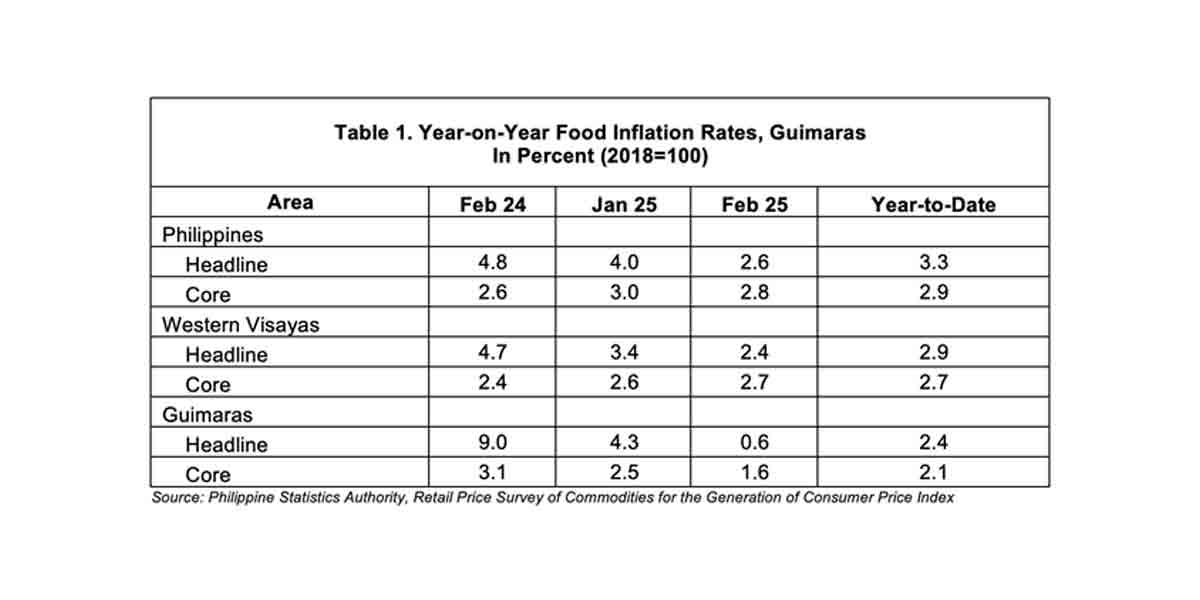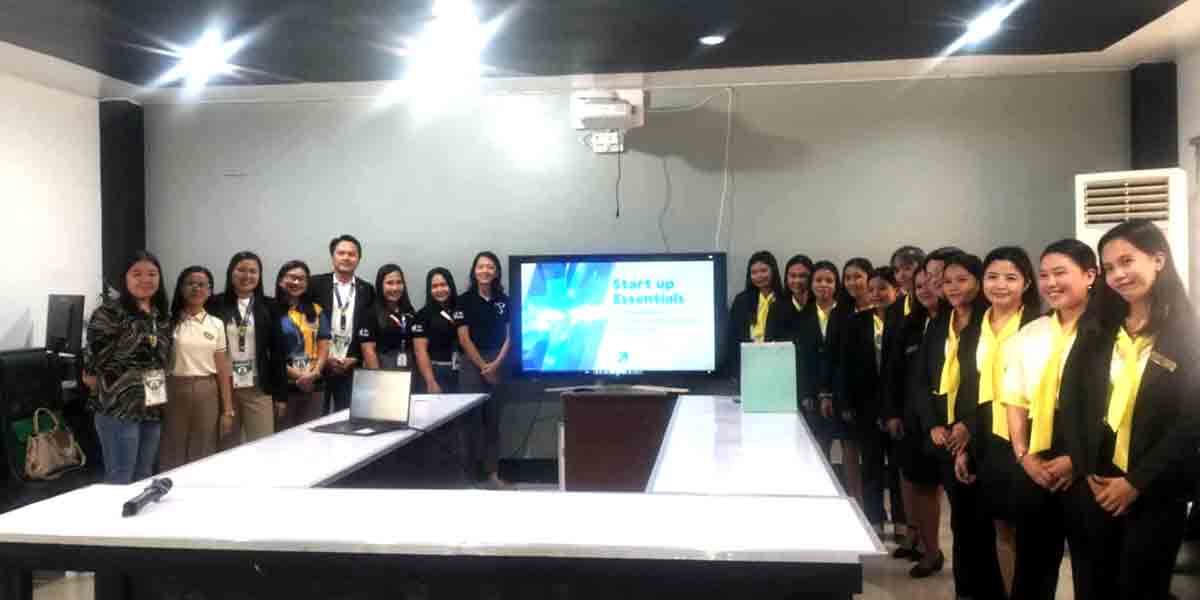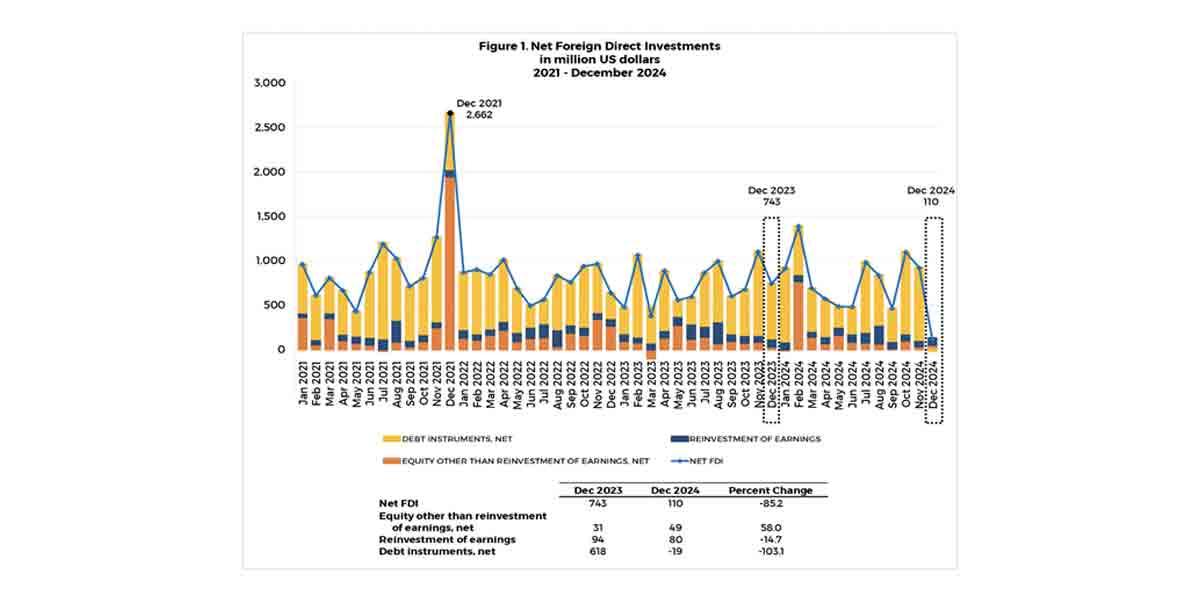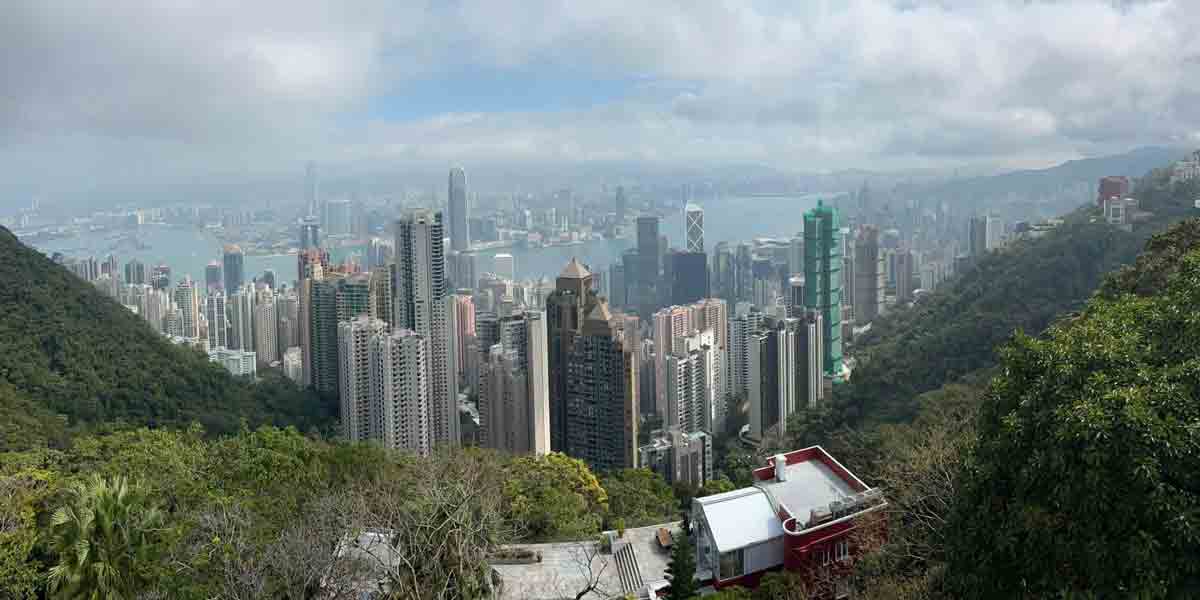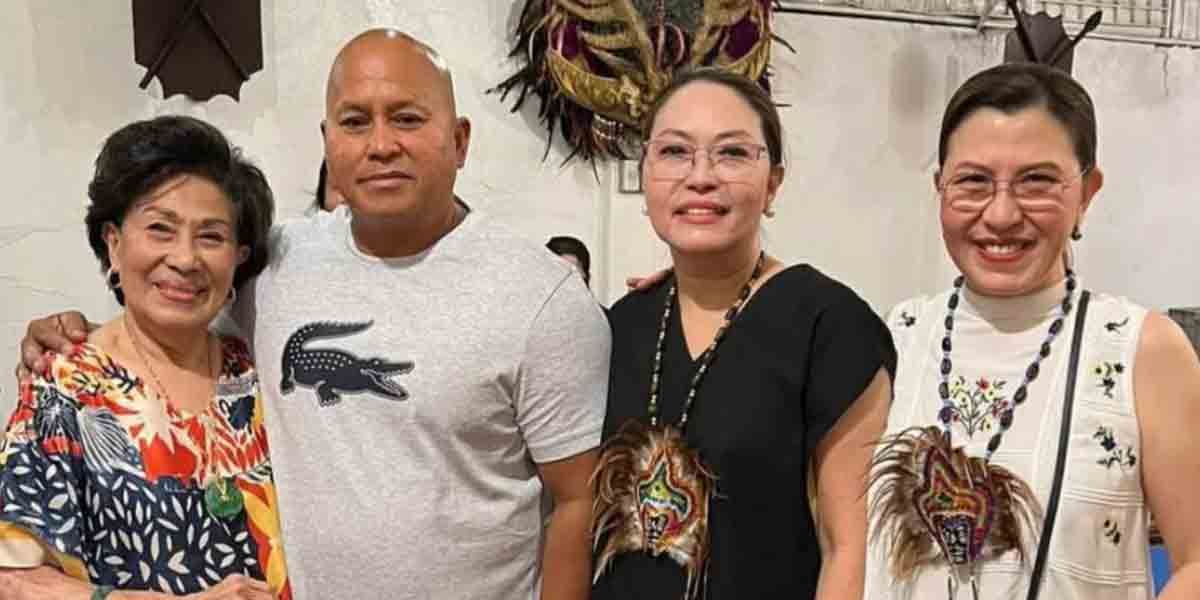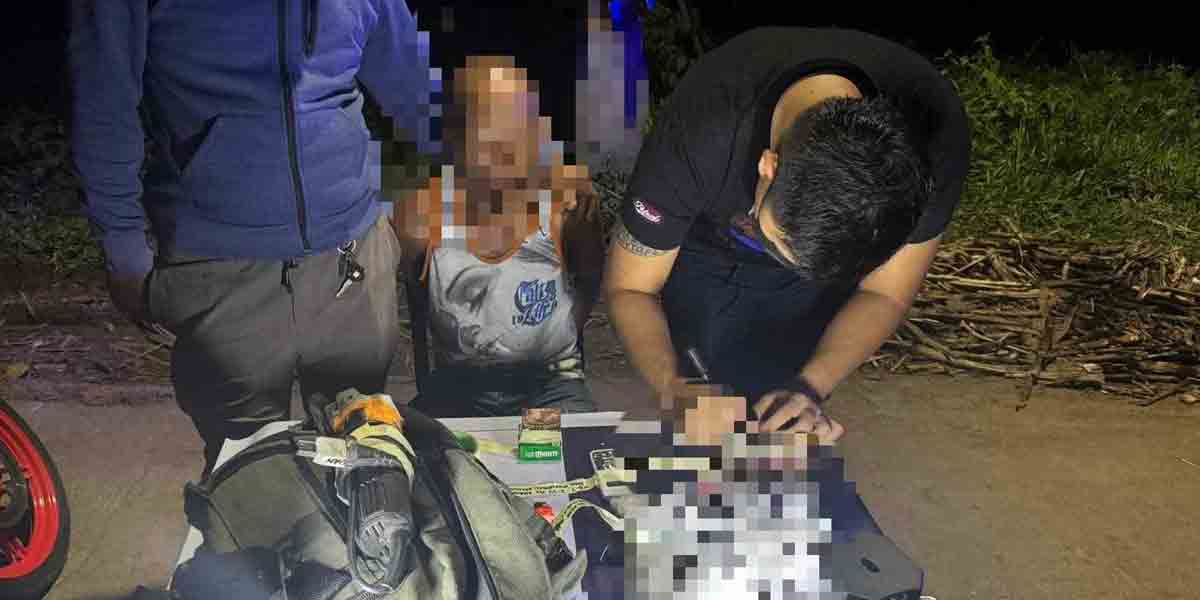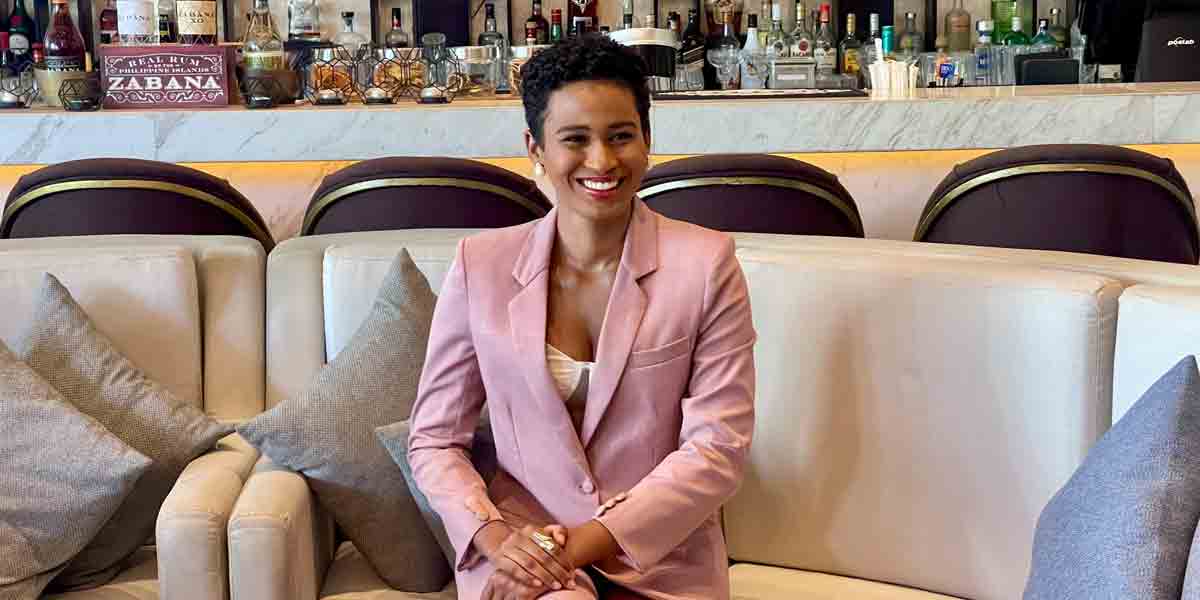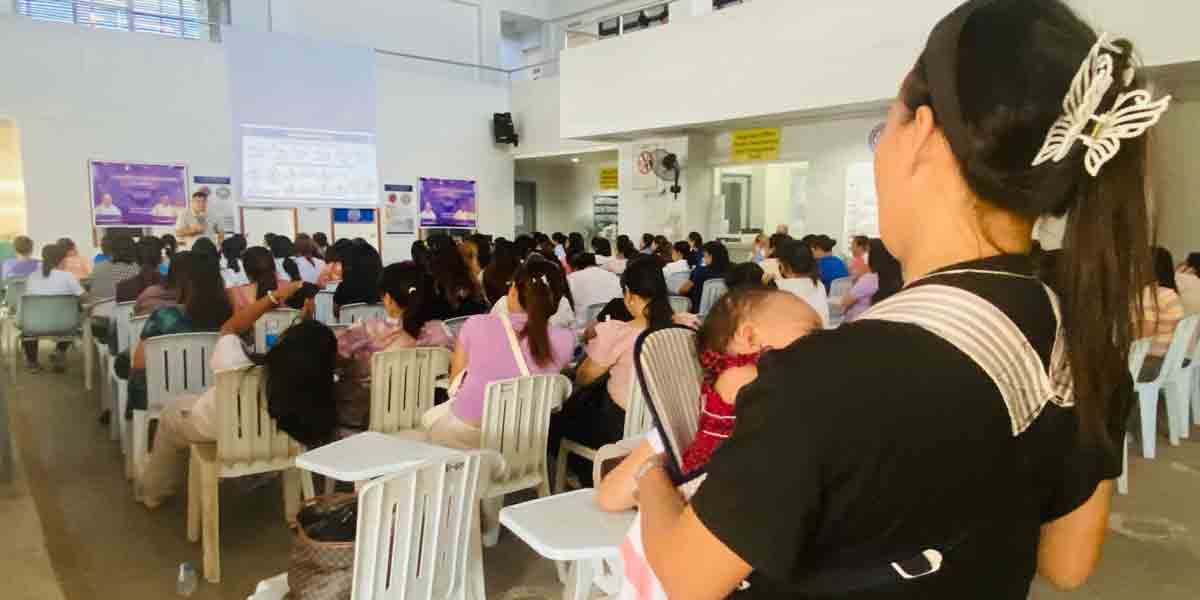By Herman M. Lagon
THIS December 10, the world celebrates the 75th anniversary of the Universal Declaration of Human Rights (UDHR), a milestone document that has shaped the landscape of human rights globally. As we observe Human Rights Day, it is crucial to ponder the strides taken and the distinct hurdles encountered by the country in safeguarding human rights, particularly for those who are least or last in life.
The Philippines, like many nations, has a complex history intertwined with repression, suppression, and oppression. Its struggle for human rights is deeply rooted in the legacy of colonial rule, which has left a profound impact on the nation’s identity. To address past injustices, it is crucial to acknowledge and reclaim the rights and identities of marginalized groups who continue to face discrimination and displacement.
The Philippines has a significant number of Overseas Filipino Workers (OFWs), who often work in countries with diplomatic tensions or less regard for social justice. Protecting their rights, safety, and well-being is a pressing concern that requires international cooperation and diplomatic efforts. Indigenous peoples, like the Lumads, confront displacement and militarization. Upholding their rights to ancestral lands, culture, and self-determination is essential for preserving their unique identities and ensuring their future.
Land rights and agrarian reform are paramount in a country where the rights of farmers, landowners, and indigenous communities over their ancestral domains are under constant threat due to large-scale land conversions. Ensuring these rights is vital for the equitable distribution of resources and economic justice. In urban areas, the rights of the urban poor and informal settlers demand attention. Access to adequate housing, essential services, and humane living conditions must be guaranteed for all citizens, regardless of socioeconomic status.
In a country prone to disasters, disaster resilience and climate rights are essential. Protecting citizens’ rights to safety, sustainable livelihoods, and disaster preparedness is a matter of life and death. Addressing issues like extrajudicial killings, particularly in the context of the drug war, is a critical human rights concern also. Upholding the rule of law hinges on ensuring due process and equitable trials for all.
Child protection remains a top priority, especially for vulnerable children in street situations or conflict areas. Safeguarding them from exploitation, abuse, and trafficking is a collective responsibility. In the same manner, empowering women by ensuring their safety, reproductive rights, marital freedom, and equal opportunities is vital, particularly in patriarchal or conflict-affected communities.
Preserving the fundamental principles of freedom of expression and a free press stands as an indispensable pillar of a thriving democracy. The safeguarding of these core tenets is not merely desirable but imperative for the preservation of democratic values. In doing so, we secure the vital space for media and activists to operate without fear of threats or intimidation, thereby fostering a society where diverse voices can flourish and hold those in power accountable.
The sovereignty dispute with China in the West Philippine Sea not only involves territorial rights but also our economic rights, affecting Filipino fishermen’s safety and livelihood in particular and the country’s fishing industry in general. Defending the nation’s sovereignty, economic sustainability, and the rights of those directly affected by the dispute is a pressing human rights issue.
In conflict-ridden Mindanao, peace-building and protecting the rights of inhabitants, including Moro and indigenous populations, are essential for lasting peace. Promoting LGBTQ+ rights is a step toward a more inclusive and just society. Protecting against discrimination and ensuring equal rights is a shared responsibility.
Making sure that, especially those often left out, can easily use essential things like quality healthcare and education is important. It means that no matter who or where one comes from, one can go to the doctor to be cared for and go to school to learn. This is crucial because it helps everyone have a fair chance in life and ensures nobody is left behind or mistreated just because they may not have as much money or resources as others. The aim is to give everyone equal opportunity to lead a healthy and educated life.
The Philippines’ unique challenges underscore the importance of a comprehensive human rights approach that recognizes and addresses the diverse needs and rights of all its citizens, especially the most vulnerable.
As we celebrate Human Rights Day, let us remember that the UDHR’s principles remain relevant in our contemporary world. The Philippines, like all nations, must continue to strive for progress in upholding and promoting the human rights of every individual, making sure that no one is left behind. In doing so, we honor the spirit of Human Rights Day and move closer to a more just and humane society.
***
Doc H fondly describes himself as a ‘student of and for life’ who, like many others, aspires to a life-giving and why-driven world that is grounded in social justice and the pursuit of happiness. His views herewith do not necessarily reflect those of the institutions he is employed or connected with.

